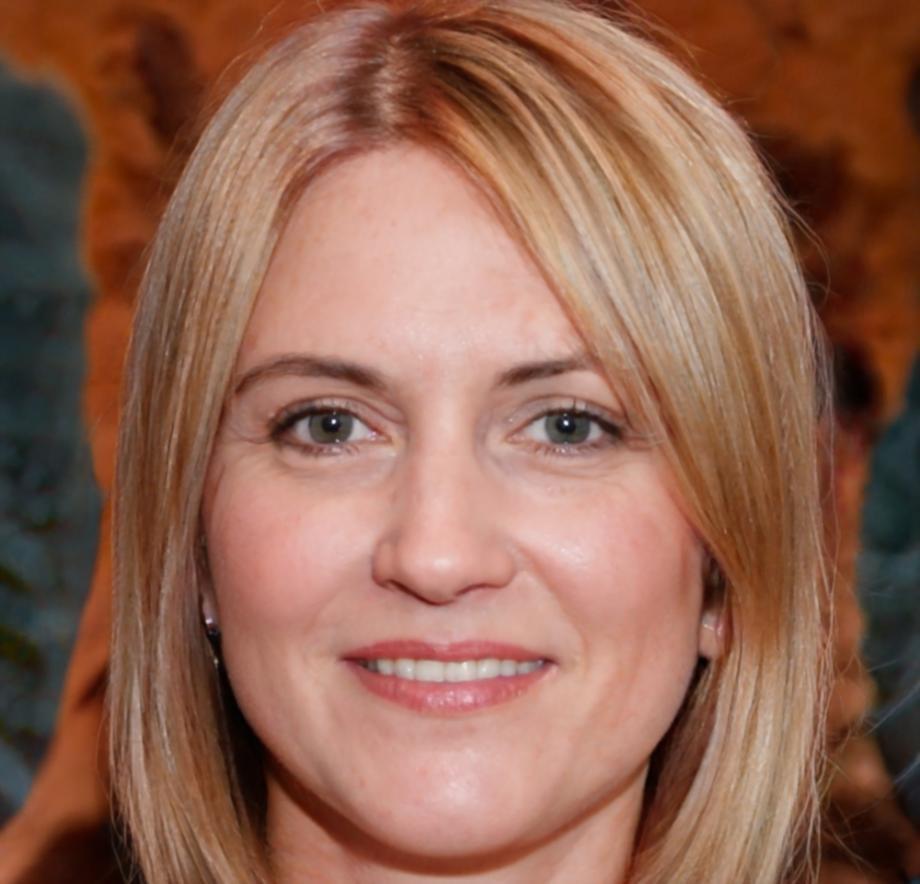Your Money Story Needs Rewriting
Most of us carry financial beliefs we never chose—handed down, absorbed, rarely questioned. Our autumn 2025 programmes help you examine those stories and build something more useful in their place.
Common Money Beliefs That Hold People Back
These aren't character flaws. They're learned patterns—often from childhood, sometimes from culture, occasionally from one bad experience that stuck around too long.
Scarcity Thinking
The persistent feeling there's never enough, even when the numbers say otherwise. This one shows up in overwork, undersaving, and chronic financial anxiety.
Avoidance Patterns
Unopened bank statements. Ignored investment accounts. The "I'll deal with it later" approach that becomes a lifestyle rather than an occasional lapse.
Guilt-Driven Spending
Money used to compensate for absence, to prove worth, or to meet impossible standards someone else set decades ago. Common. Exhausting. Fixable.
How We Actually Work With People
No generic advice about budgets or investing basics. We start with your specific relationship to money—where it came from, what maintains it, what might shift if you approached things differently. The practical stuff follows naturally once the mindset changes.
Learn About Our ProcessWhat a Typical Programme Looks Like
Our September 2025 cohort runs over eight weeks. Most participants notice shifts in their financial behaviour within the first month.
Weeks 1-2: Belief Mapping
We identify the specific stories and assumptions driving your financial decisions. Some participants find this uncomfortable. That's usually a good sign.
Weeks 3-4: Pattern Interruption
Small behavioural experiments to test new approaches. Nothing dramatic—we're after sustainable change, not temporary motivation.
Weeks 5-6: Building New Systems
Creating financial practices that actually fit your life rather than fighting against your natural tendencies.
Weeks 7-8: Integration and Planning
Most people need ongoing support after the programme ends. We help you set up structures that maintain momentum without constant oversight.

I spent years reading finance books that made perfect sense on paper but never changed my actual behaviour. This was different—we worked on the mental blocks first, and suddenly the practical stuff was much easier to implement.
Ready to Examine Your Money Beliefs?
Our next cohort begins in September 2025. Spaces are limited because the work requires genuine engagement from everyone involved.